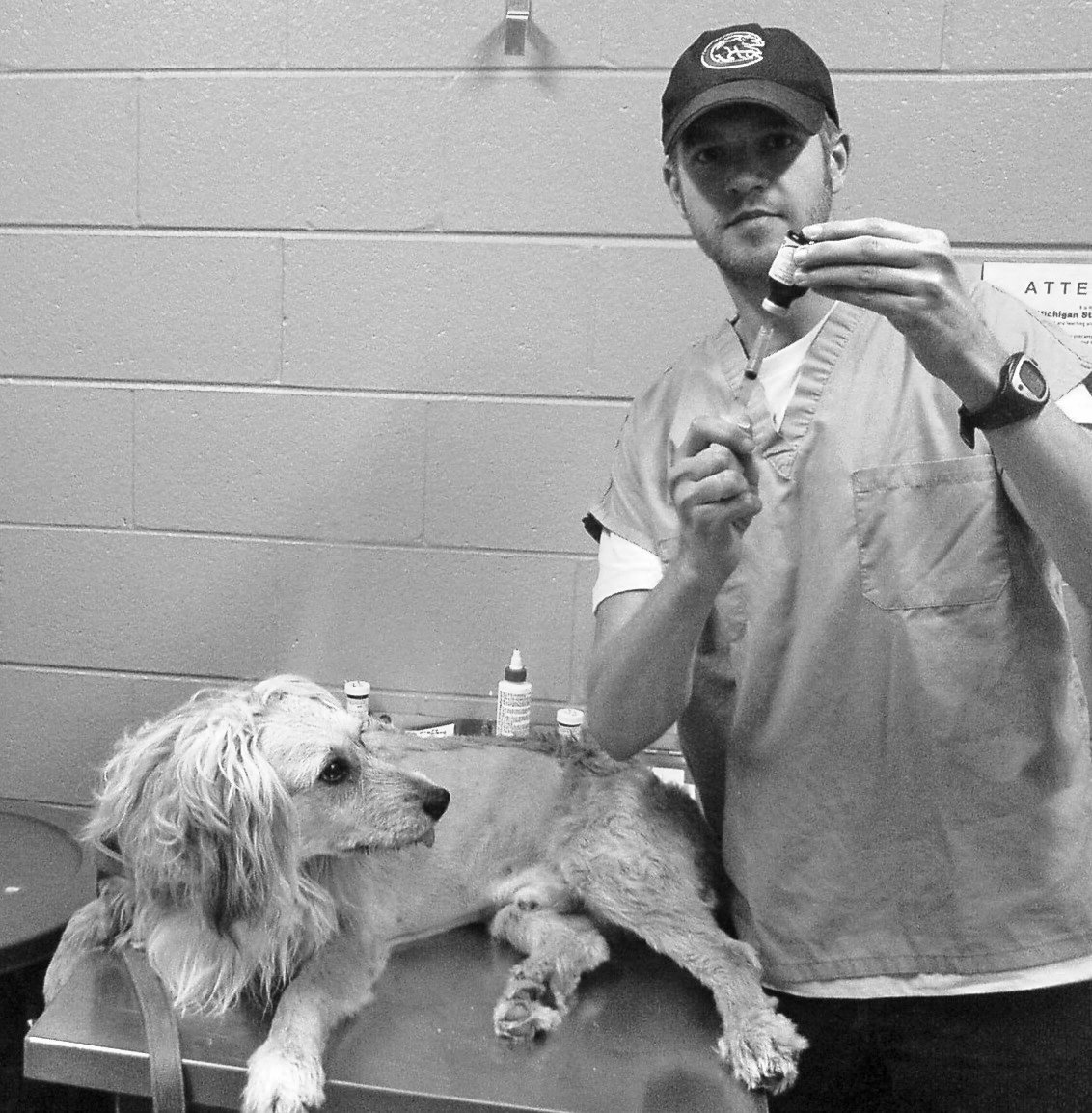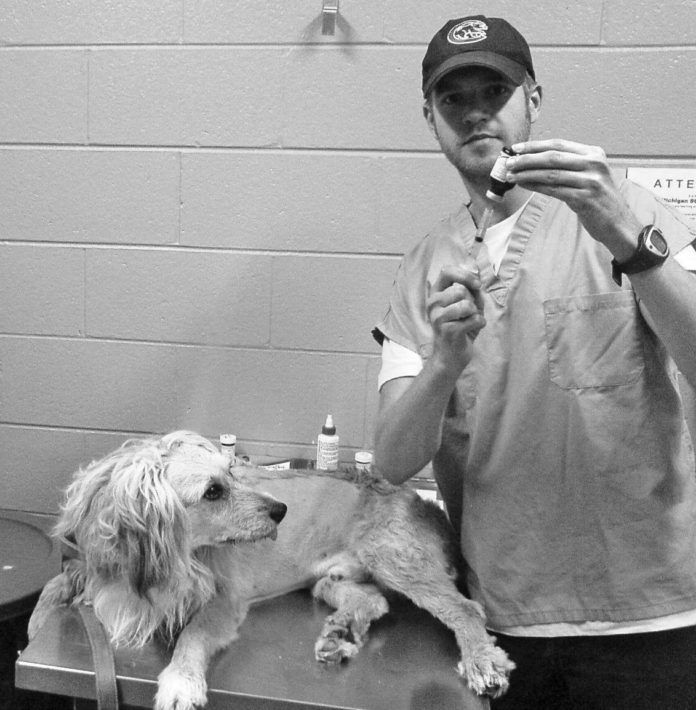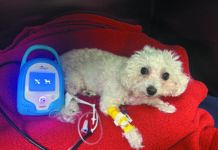

Addison’s disease is “already far along” by the time a dog’s owner notices something is wrong,” says Tufts veterinarian Orla Mahony, MVB. “At diagnosis, all Addisonian dogs have already lost more than 90 percent of their adrenal gland function. That’s why by the time it’s picked up, a dog needs replacement hormones for the rest of his life.”
In a certain respect it’s the same for humans. Clinical signs of Addison’s disease do not occur until the adrenal glands are about 90 percent destroyed. But there’s one difference. For people, antibodies that kill off cortisol-secreting adrenal tissue can be identified in the blood early in the disease process, which means fewer people end up in the emergency room because of advanced Addison’s, and the disease is easier to control because it hasn’t had a chance to get out of hand. Could such a diagnostic tool ever be available for dogs, who sometimes die because their Addison’s disease has progressed too far before it is noticed?
That’s what veterinary researchers at Michigan State University’s School of Veterinary Medicine are trying to find out. And it looks like, at least for some dogs, the answer may be yes. When Markus Rick, Med Vet, PhD, of Michigan State’s Diagnostic Center for Population and Animal Health, conducted work on Addisonian dogs, 30 percent of them had the telltale antibodies. The finding can potentially lead to quicker treatment of certain dogs in the future. It can also reduce the number of dogs out there who develop Addison’s. “There’s a genetic component,” Dr. Rick says. “So when an animal is identified with the antibody, a decision can be made not to use it for breeding.”
The work Dr. Rick has conducted so far has been to identify the antibody in dogs who already have the disease. “Our next step,” he says, “is to screen dogs of susceptible breeds to see if we can detect the antibody before an animal becomes sick.” He may find a greater percentage of pre-Addisonian dogs with the antibody, he says, “because it’s possible that antibody levels return to zero once the disease becomes full-blown and the adrenal glands are completely destroyed.” That’s the case with hypothyroidism — antibody levels go down after complete destruction of the thyroid glands. “The dog then becomes clinical, and I suspect the same may be true for Addison’s,” Dr. Rick comments.





